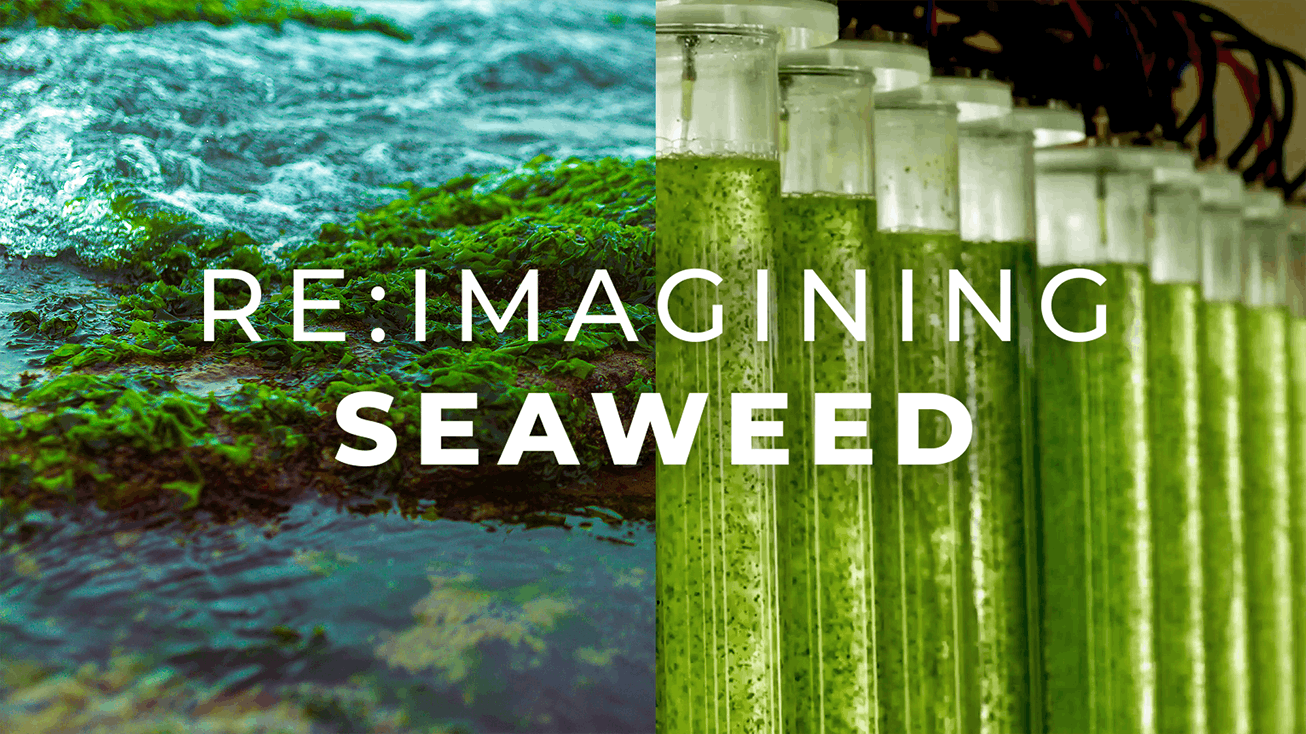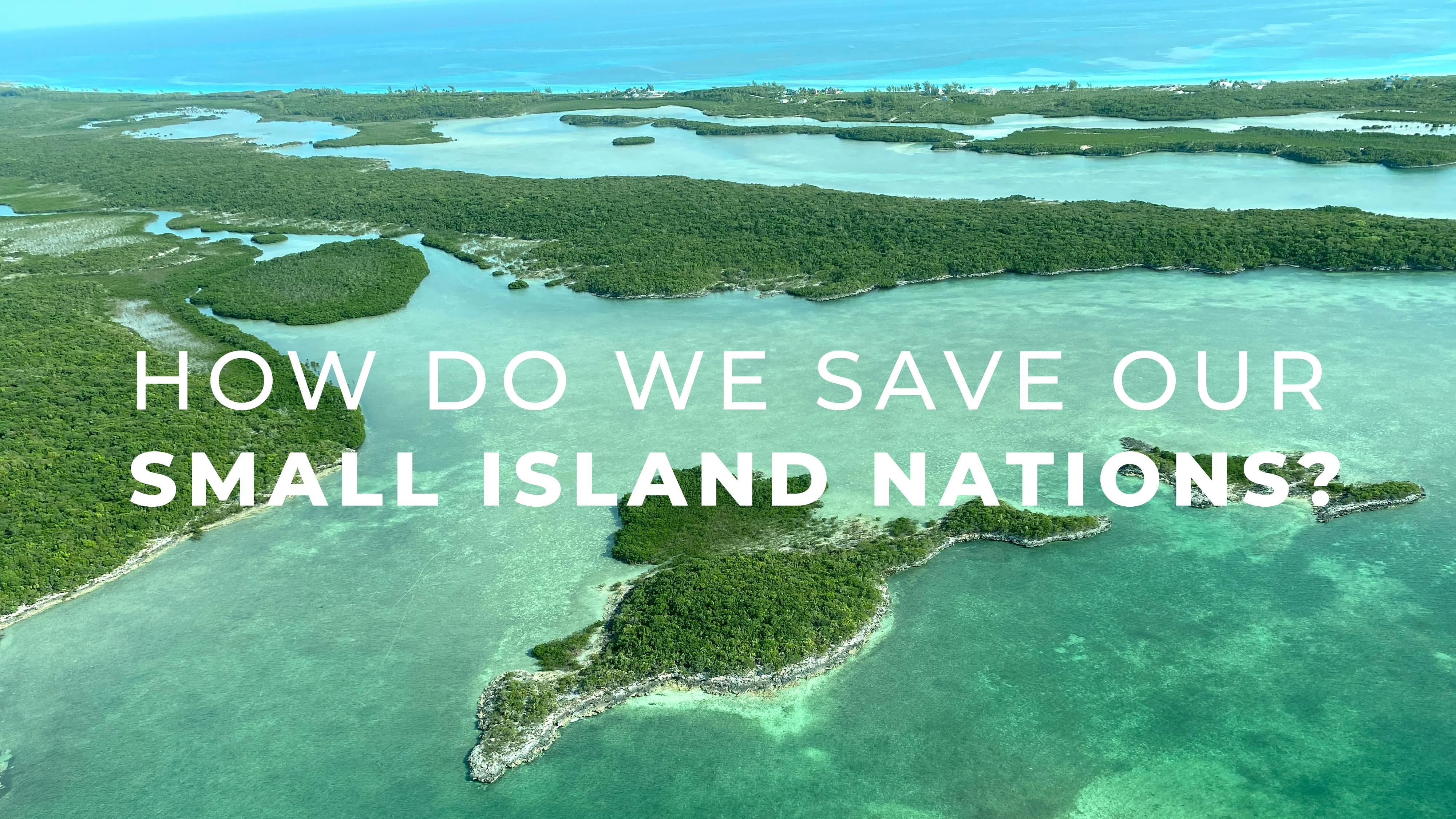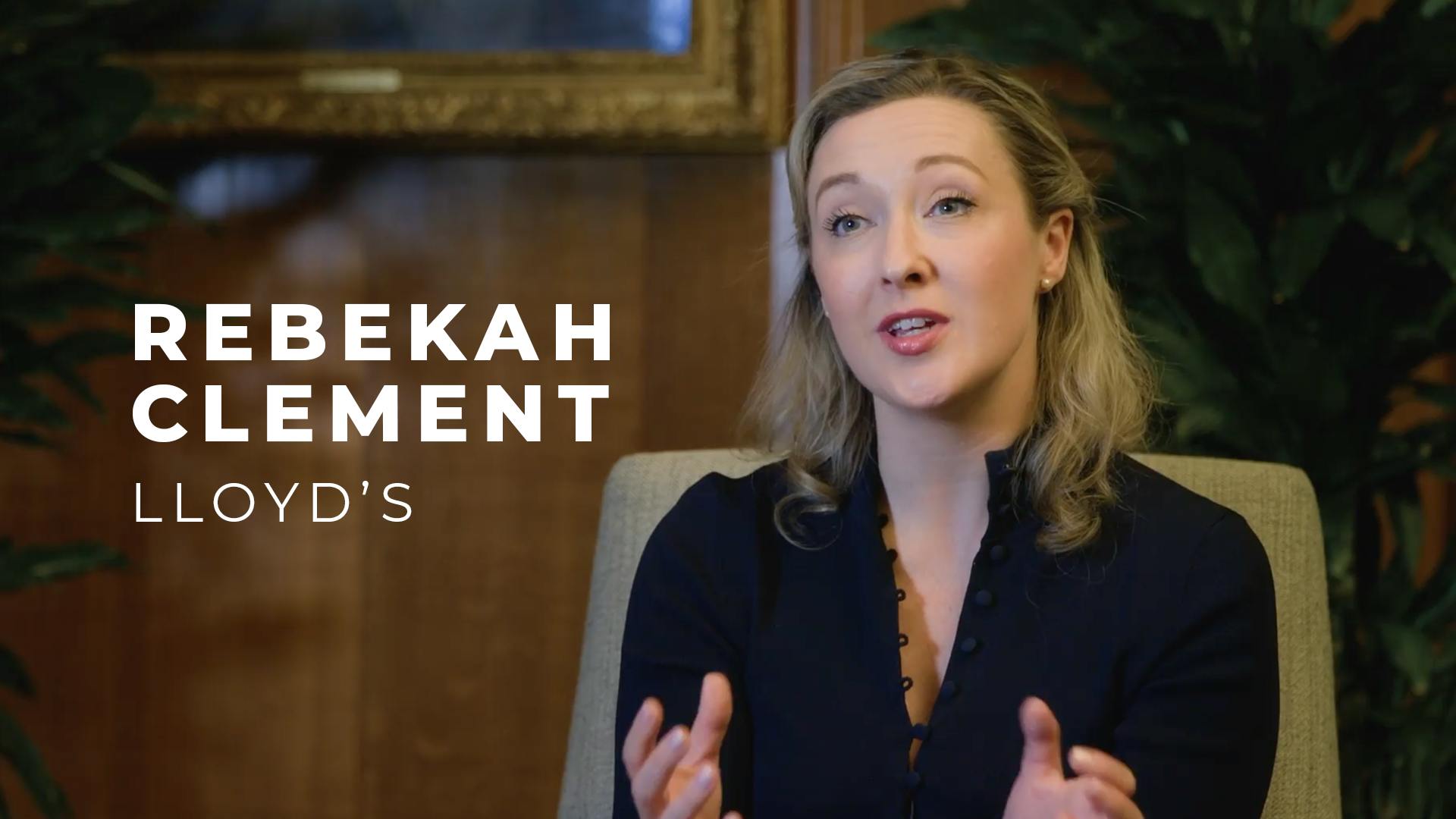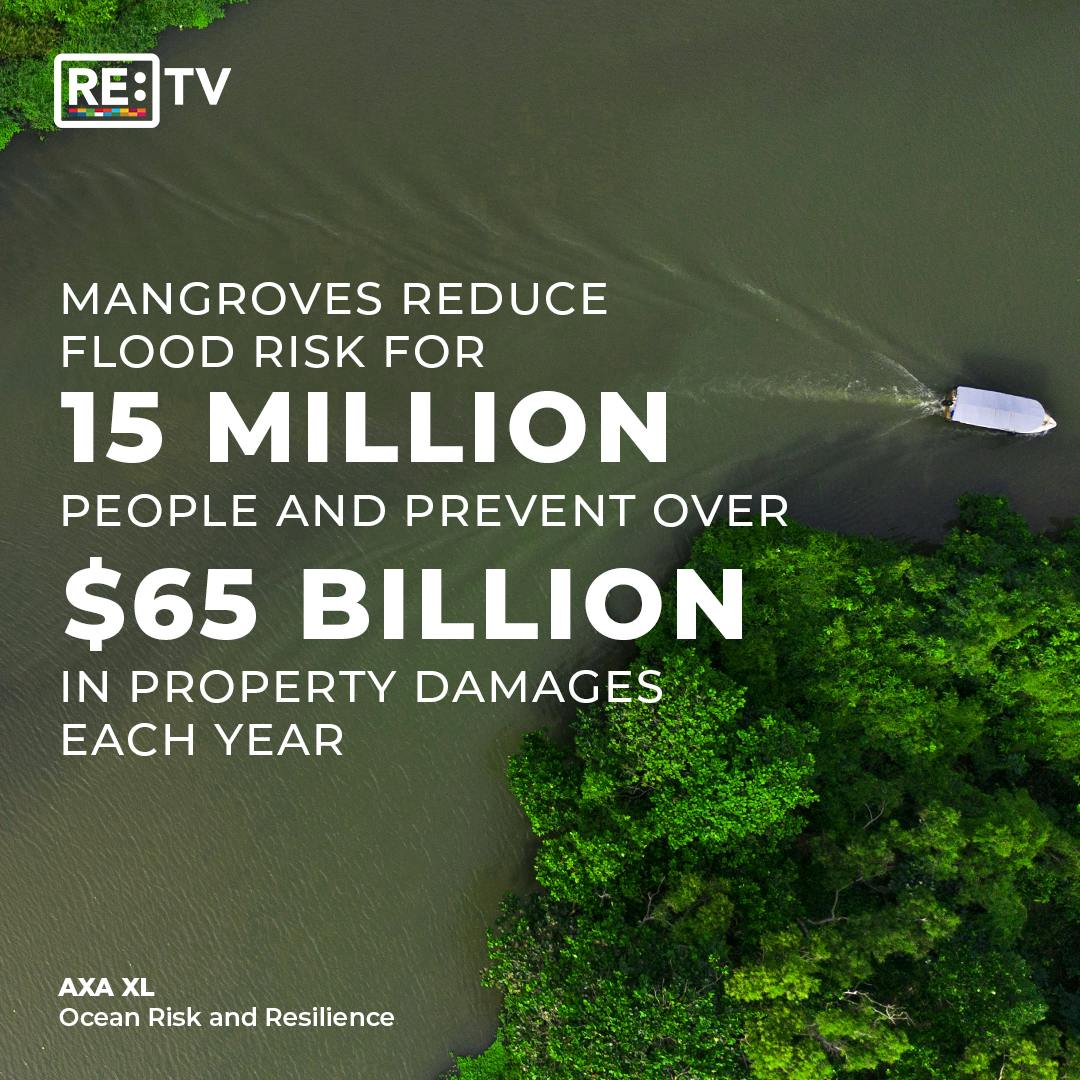
Restoring Ocean Health
The ocean covers over 70% of the planet's total surface and is home to hundreds of thousands of species. It is a vast natural carbon sink - playing an essential role in regulating our environment - and it supports the livelihoods of billions of people around the world. Its value cannot be overstated.
Unfortunately, the health of the ocean is under threat. Rising temperatures, habitat destruction, and human-made pollution all degrade our most precious natural asset.
How can we turn the tide on ocean health? From ecosystem restoration and investment in nature-based solutions, to cleaning up the industries that rely on the seas, discover the innovative climate solutions that work with nature to protect and preserve this critical resource.
Cultivating A Sea Change
Seaweed is a sustainable food source, a versatile packaging material, and a powerful solution for climate change mitigation and resilience. It's also the fastest-growing plant on Earth. What possibilities might arise when we reimagine its uses?

Restoring Ocean Life
Protecting coastal habitats and the biodiversity they support
Investing In Marine Ecosystems
Small Island Developing States are disproportionately impacted by climate change, and they must adapt and build resilience in a swiftly changing world. Identifying natural assets for private investment can be an important piece of the puzzle. Watch our extended interview with High Commissioner of The Bahamas Paul Andrew Gomez to learn how the country is monetising the world's largest expanse of seagrass beds in the form of carbon credits.

Removing Carbon
Harnessing the ocean's natural carbon cycle
Vibrant Blue Economies
With increased exposure to hurricanes, cyclones, flooding, and rising sea levels, small islands around the world are on the front line of climate change. How can we prevent them from being lost forever? The answer may lie in focusing less on the land and more on the huge areas of ocean that surround them - almost 30 times the size of the islands themselves. The natural assets in and around these waters have rich economic potential that could finance the restoration of these fragile ecosystems.

Rerouting Shipping
Steering the shipping industry towards more sustainable practices
Insuring Climate Adaptation
Many innovative financial products are emerging to meet the unique needs of Small Island Developing States. One of these is parametric insurance, which can offer instant payouts based on a pre-defined trigger such as wind speed or flood water levels. Rebekah Clement points out that beyond disaster relief, there is an opportunity for the insurance industry to drive investment in disaster adaptation efforts, such as mangrove protection.

Ocean Research & Insights
Case studies and thought leadership from the Sustainable Markets Initiative and its members
Ocean Risk and Resilience
Mangroves and coral reefs are nature's frontline defence systems, shielding coastal communities from climate-driven flooding. They also support livelihoods and food security, sequester carbon, and promote biodiversity. Despite their great importance and potential, the value of coastal ecosystems is seldom accounted for in insurance risk models. Together with scientific partners, AXA XL are developing a Coastal Risk Index (CRI) that integrates nature-based solutions into risk management. This could be a game changer for the industry.
























